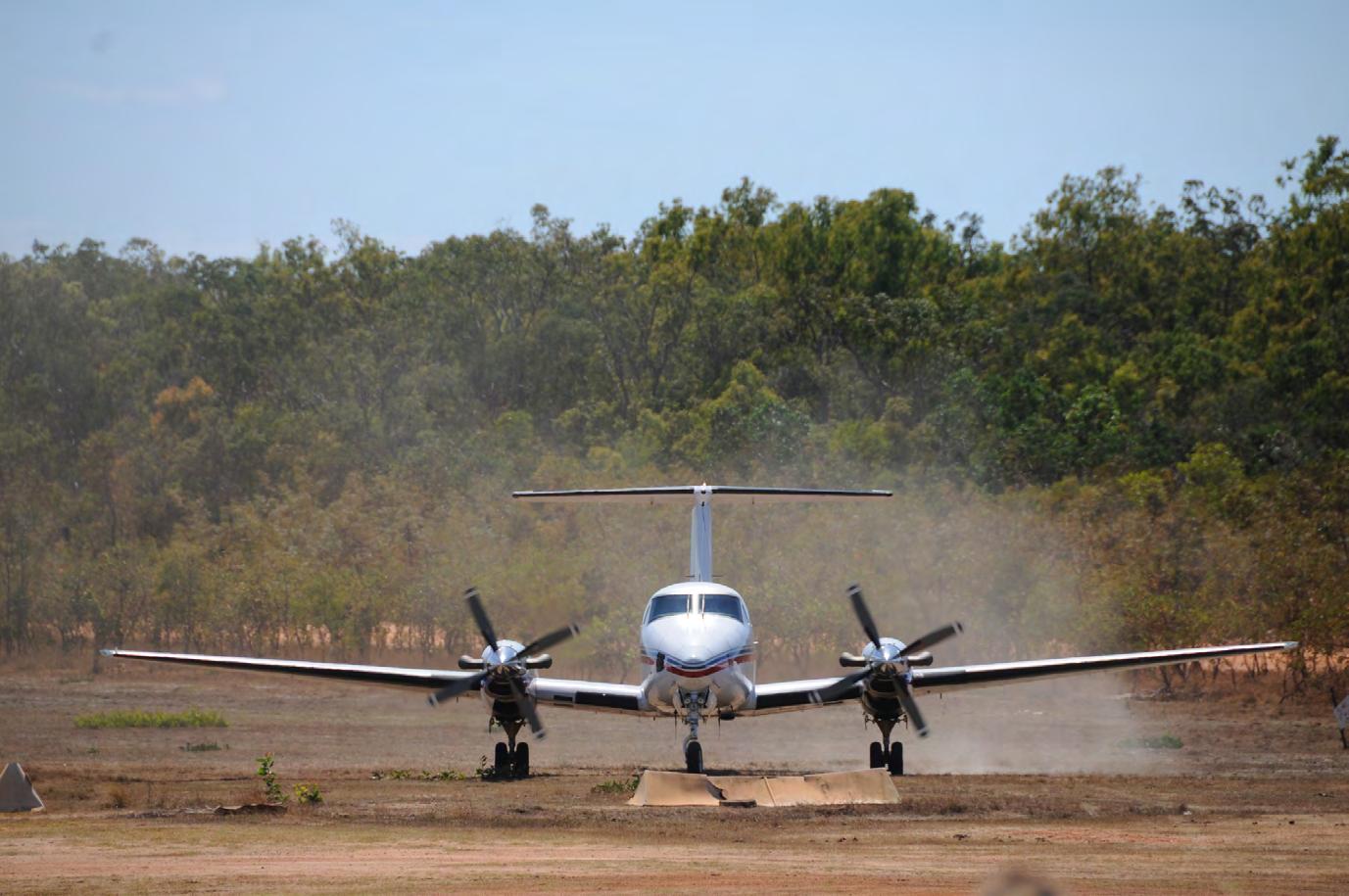
3 minute read
Australian federal government funding supports rural initiatives
RACS successful in securing $850,000 for project
The Royal Australasian College of Surgeons (RACS) advocates for communities to have equitable access to quality healthcare—irrespective of geography. The Rural Health Equity Steering Committee was formed to tackle issues surrounding equitable access to quality healthcare. Their aim is to deliver the Rural Health Equity Strategy (RHES) as a proposed pathway for training specialists so everyone can have equitable access to healthcare. The RHES activity has been off to a roaring start in 2022. After establishing a governance structure and conducting significant stakeholder engagement activities in 2021, this year we start delivering on strategic actions. A big win for the College, which will significantly help our delivery, is the announcement of a successful funding proposal under the Australian Department of Health’s new Flexible Approach to Training in Expanded Settings (FATES) scheme. RACS was successful in securing $850,000 over two years to fund the project Rural Accreditation – Addressing Barriers to Rural Specialist Training. This project will address barriers to hospital training post accreditation in rural hospitals with the aim of increasing rural specialist training and practice pathways. RACS and the Royal Australasian College of Medical Administrators (RACMA) will partner to form a consortium to undertake a significant review of RACS accreditation criteria and processes, including extensive engagement with internal and external stakeholders. The objectives of the project include: • understanding the barriers that rural hospitals face in applying for and meeting hospital training post accreditation standards
Advertisement
• creating a ‘supporting evidence’ resource to assess performance against hospital training post accreditation standards, within a rural context. The Northern Territory and the Victorian Department of Health were both supportive in the application for funding. RACS intends to work with both the governments, the regional training hubs, and rural hospitals as part of the external consultation process. The project and its deliverables were designed to meet not only the recommendations under the RHES, but also the recently released 2021-31 National Medical Workforce Strategy (NMWS) by the Australian Federal Department of Health. The strategy is the result of significant collaboration and input from key medical stakeholders across Australia.

The strategy has identified 25 actions that sit under the five complementary priority areas:
1. collaborate on planning and design 2. rebalance supply and distribution 3. reform the training pathway 4. building the generalist capability of the medical workforce 5. flexible and responsive medical workforce.
In addition, three other cross-cutting issues are described. These are:
1. supporting the Aboriginal and
Torres Strait Islander workforce and improving cultural safety 2. changing models of care 3. doctor wellbeing. The impact on RACS by the NMWS and its themes are substantial and will significantly influence RACS work and specialist societies to ensure the delivery of the desired outcomes. The following themes have been identified on which RACS will undertake significant action to meet the vision and outcomes of the NMWS:
1. Aboriginal and Torres Strait Islander workforce and cultural safety 2. sharing training data with external stakeholders
3. hospital training post accreditation 4. selection
5. Trainee allocation
6. supervision 7. training pathway 8. generalist specialists 9. culture
10.Specialist International Medical Graduates
11.assessment.
RACS is well positioned to be a leader in the implementation of the NMWS, given its alignment with its own strategic objectives, and much of what is included in the NMWS is already addressed within the RHES.
The FATES Rural Accreditation project is the first on the list for the Rural Health Equity Steering Committee, and the successful implementation will be a great win for keeping RACS in step with the direction of the Australian and Aotearoa New Zealand’s workforce needs. For more information please contact: rural@surgeons.org











